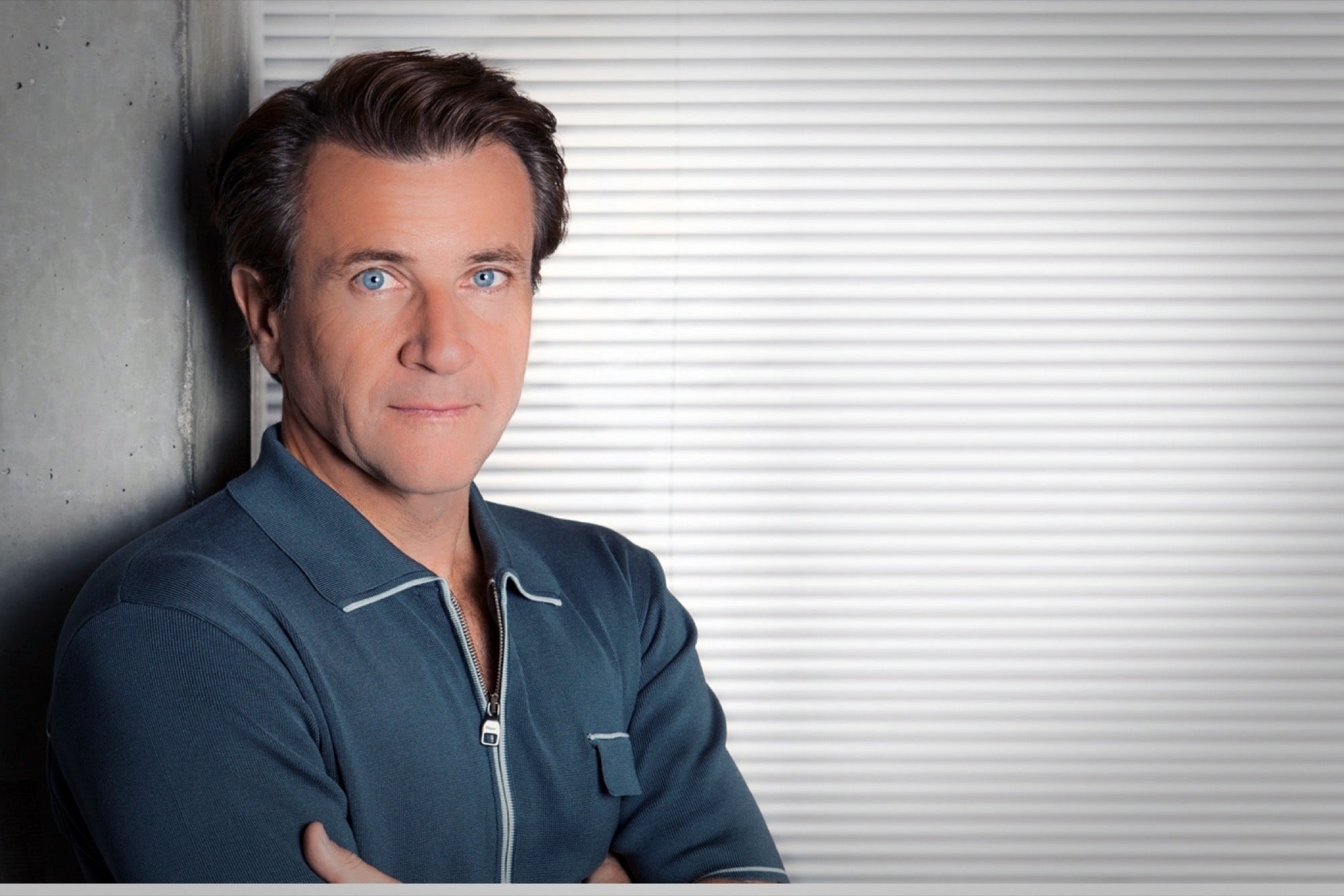What 'Shark Tank's' Robert Herjavec Looks for in a Startup A skilled entrepreneur with a fresh product for a growing market will never lack for funding.
By John Boitnott Edited by Dan Bova
Opinions expressed by Entrepreneur contributors are their own.

If 25 years ago you asked a classroom full of college students about their career aspirations, you likely would have received much different answers than you would today. Inspired by entrepreneurial success stories highlighted by the likes of Mark Zuckerberg and Steve Jobs, the goals of college students today increasingly involve running their own business as soon as possible.
It's a difference Shark Tank's Robert Herjavec sees when he visits campuses including Harvard and the University of Southern California. When he asks audiences, "Who wants to start a business?" he is greeted by a roomful of raised hands. But just because more people want to be entrepreneurs doesn't mean everyone will succeed at that goal. Herjavec recently spoke to me about this at the 2015 Intuit Quickbooks Connect Conference in San Jose.
Suffering the pain.
Goals are important, but Herjavec has found that entrepreneurs must have the skills and knowledge in place to successfully launch and manage a new business. With so much competition, new businesses must stand out to make a dent in the industry. Zuckerberg and Jobs had innovative ideas that hit the market at the right time. The pressure is on for today's entrepreneurs to have those next big ideas.
"The challenging point is the statistics for being successful haven't changed," Herjavec says. "Just because more people are doing it, I still think 50 percent of the businesses fail in the first three years."
Related: Is Declining Business Failure Holding Back Entrepreneurship?
Formula for success.
Herjavec believes there is plenty of money available, though both on Shark Tank and in his own endeavors he sees more competition for investor dollars than ever. The problem, he says, is that there are too many "me, too" businesses, where an entrepreneur has tried to capitalize on a hot trend by creating a product that isn't unique.
"I think it's harder if you're a 'me too' business or you're one of many," Herjavec says. "I think if you really have an innovative idea and you're first to market, there's no shortage in money."
The Shark Tank effect.
Shark Tank has a tremendous customer reach. Many of the show's viewers purchase products immediately after seeing them on the show. Herjavec and his fellow sharks on the show have a talent for spotting those items that will be popular with customers. Those are the ones they invest in. In more than six years on the show, Herjavec names Tipsy Elves and Happy Feet as his best investments.
In addition to products with money-making potential, the sharks search for impressive entrepreneurs who might be worth mentoring. Herjavec says he would much rather invest in a quality entrepreneur than a promising product. A truly skilled entrepreneur can take a bad business and make it better, he says, but a bad entrepreneur can turn a promising business idea into a failure.
Related: Behind the Scenes: What It's Really Like to Pitch for a Spot on 'Shark Tank'
Finding expanding markets.
Often, an entrepreneur's instinct with a new business is to try expanding a market with a revolutionary product. This doesn't appeal to Herjavec as an investor. Instead he's looking for someone who plans to take advantage of a market that is already growing. He has found it extremely difficult to grow a market yourself.
"We look for people that can scale at certain tipping points," Herjavec says. "If you're going to continue to do what you're doing today, and to get to $100 million your cost stays the same but you get to $100 million and your cost continues, there's no scale there. I like to look for scale."
Today's aspiring entrepreneurs follow in the footsteps of generations of founders who have come before them. To be succeed, business owners must take advantage of hot markets while creating products that are truly innovative. When a promising entrepreneur combines all of that, Herjavec and other investors are sold.
Related: 5 Things Investors Want to Know Before Signing a Check











